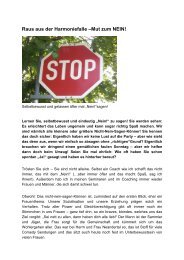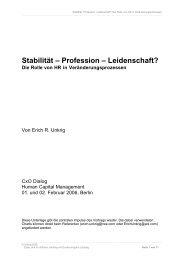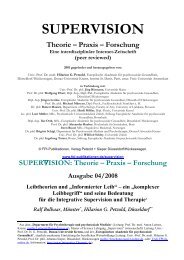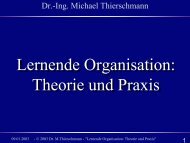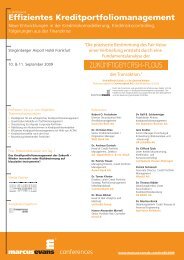Ilia Chavchavadze - brainGuide
Ilia Chavchavadze - brainGuide
Ilia Chavchavadze - brainGuide
You also want an ePaper? Increase the reach of your titles
YUMPU automatically turns print PDFs into web optimized ePapers that Google loves.
I. The origin of the state<br />
cept is substantially based on Rousseau’s model of socially „general<br />
will“, which became the basis of agreement on the origin of the state with<br />
the last. The question is, how could the realization of the given will be<br />
achievable under those social-cultural circumstances (with no specialized<br />
meaning of the concept), on the ground of which proceeds the construction<br />
of politically organized society. If we look through the prestate<br />
epoch, it is evident that there is not any psychological basis, by which it<br />
could be possible to fulfill the discussing will. More than that, in actual<br />
case it takes place the lack of proper psychological basis even for its formation,<br />
since man of before-state era – this is an individual of stereotypic<br />
view, whose creative mentality cannot spread over such wide scales.<br />
The similar discordance manifests itself with Locke. On the one hand,<br />
he considers that the state order is the condition taken by the people’s<br />
agreement; on the other hand, he points out that the society of prepolitical<br />
„natural state“ represents a unity of „wild tribes“. But he says nothing<br />
about that, how the „wild tribes“ come to an agreement of such complexity!<br />
What about the aspect actual for us, it is obvious that Locke’s and<br />
I. <strong>Chavchavadze</strong>’s points of view basically differ from one another. While<br />
Locke explains the origin of the state essentially by its repressive nature<br />
(„restraining of violators of natural state“, „protection of already existing<br />
rights“ by the same meaning etc.), in the conception of I. <strong>Chavchavadze</strong><br />
the main accent is laid on the regulative function of the state: The starting<br />
point is the conformity of the phenomenon of state with the nature of individual<br />
(and not, restrictively, the interests of the victims of encroachment<br />
upon „natural rights“). To say better, Locke excludes the creation of<br />
social relations as state’s innate function.<br />
The predecessor of Locke, Hobbes, dealing with the origin of the<br />
state, points out the inner and the outer public necessity. According to<br />
Hobbes, as we see it later with Locke too (though, in general, Locke subjects<br />
Hobbes’ philosophy to sharp criticism), in the society, which is not<br />
stately organized is settled everlasting scare, people feel invincible threat<br />
125



